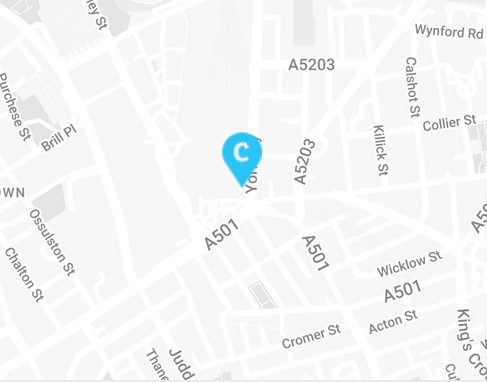Search Query Report – The Diamonds & Poison Data

Sadly it’s a fact that (far too) many AdWords account owners set up their one campaign, with a few adgroups and lots of keywords in each adgroup, write their one advert and then just manage the bids thinking that this is the holy grail of running their AdWords account.
Some even feel the need to automate the bid management to eek every single penny worth of traffic from their loosely targeted keywords via their generically targeted advert yet that’s not the worst AdWords crime; a massive percentage still fail to run one of the most important reports that is available in Google AdWords; The Search Query Report.
Years ago we had to guess or resort to third party tracking and on-site scripts on site to find out what the actual search terms that users typed in and found our google ads via but then in 2007 Google introduced the Search Query Report and the life of the professional PPC manager suddenly became a little easier.
With the search query report data we are able to see the actual keywords that users type in and then clicked one of our adverts via, for those on Broad Match there are some happy moments with diamonds glinting there but often more scary, eye opening, tear inducing moments to be had where lots of poisonous keywords are wasting money and generally diluting the effectiveness of the account.
For those on phrase match there is less pain but still some undesirable poison keywords in amongst the diamonds, still there’s enough there normally to make it worthwhile to run regularly.
If you are unfamiliar with how to run the Search Query Report then here’s how to get started :
- 1 Click the “Campaigns” tab
- 2 Click the “Keywords” tab
- 3 Click the “Keyword Detail” button
- 4 Select “All” from the drop down menu – Or select some keywords then click “Selected”

Once you see the search terms that have driven traffic you then need to decide if they are good or bad, are they diamonds or will they poison your campaign?
Some keywords you find via the search query report will warrant being set up in their own adgroups, sometimes whole campaigns can come out of the data, the hard part is working out which keywords “might” convert if they were given more targeted adgroup and advert help. Below is a screenshot of 3 keywords in a search query report that have spent over £200 in a few days for zero return :

It looks fairly straight forward but here’s where it gets a bit trickier, the “Polycarbonate greenhouse” search term represents traffic that has come in via the “Polycarbonate” agroup and that’s not targeted to greenhouse sheeting so this traffic didn’t convert at all and wasted £98.42 however it probably would continue to not convert if it was just added to the same adgroup as a phrase or exact keyword so this is one that might benefit from more a more targeted approach on exact match in it’s own adgroup with targeted adverts going to a page just about polycarbonate greenhouse products.
The next two keywords are the same search term, yet two different adgroups are being triggered by this term, with vastly different click through ratios, yet the same, no sale result, so once again this would probably benefit from being broken out into a more targeted adgroup about polycarbonate roofing sheets with relevant adcopy going to a specific page. If that then doesn’t convert (and the landing page is a decent one) then it’s time to kill this keyword off.
Below is another Search Query Report example where two of the keywords are generating clicks due to phrase match yet the client site does wooden beds but not bed frames as such, so these terms were irrelevant and didn’t convert, adding the negative keyword “-frames” stopped this from happening.

Running the Search Query Report should become a habit for a good account manager, there are diamonds and poison in there and it’s the PPC Manager’s job to figure out which is which and maximise the account ROI with the data on hand.
Set yourself a reminder in your calendar to run the search query report regularly, if incorporated into your workflow you’ll find some gems in there, and some wasted spend so it’s well worth the effort.



